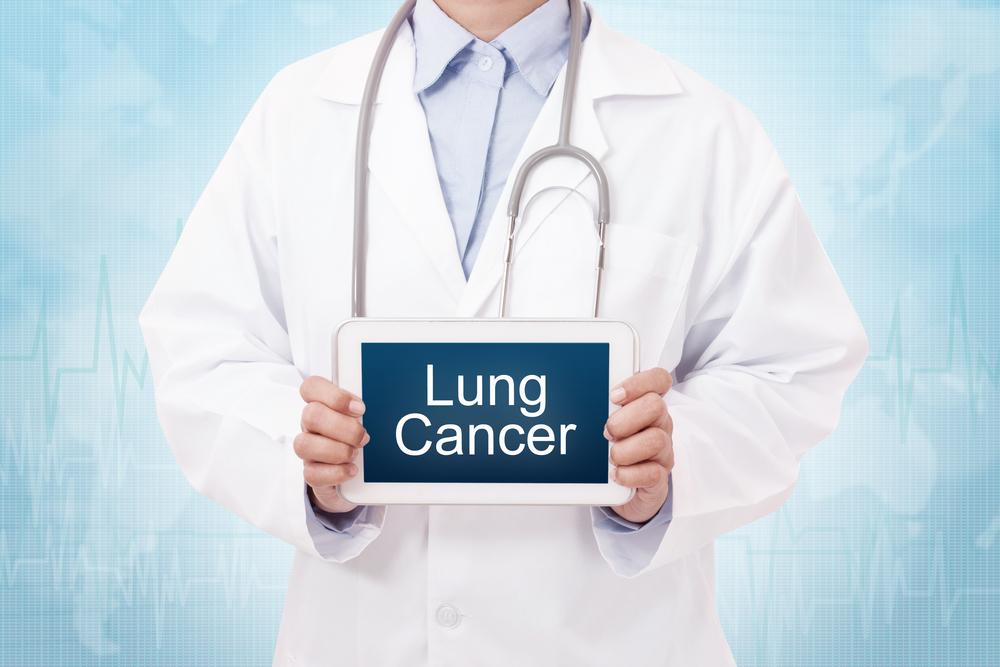Top 5 Nutrition Strategies for Breast Cancer Patients
Discover vital nutrition tips for breast cancer patients, including weight management, oral care, small frequent meals, hydration, and food safety. Proper nutrition supports recovery and enhances immune health during and after treatment.

Top 5 Nutrition Strategies for Breast Cancer Patients
Essential nutritional advice for women battling breast cancer
Maintaining proper nutrition is crucial for women undergoing or having finished breast cancer treatment. A diet rich in essential nutrients can accelerate recovery and strengthen the immune system. While healthy eating is fundamental, other dietary factors also play a part in managing symptoms and improving overall health. Here are key nutritional tips specifically tailored for breast cancer patients to enhance their well-being and aid in recovery.
Effective weight management is vital because weight fluctuations are common during treatment phases. Patients should focus on preserving a healthy weight through balanced eating and gentle physical activity, avoiding extreme diets. Additionally, maintaining excellent oral hygiene is critical, especially for those experiencing mouth soreness from therapy, to facilitate comfortable eating and prevent infections.
Due to nausea and other side effects, it's recommended to eat small, frequent meals throughout the day to ensure adequate calorie and nutrient intake. Staying well-hydrated is equally important, especially since treatments like chemotherapy can lead to dehydration from vomiting and diarrhea. Using reminders or carrying a water bottle can help maintain proper hydration levels.
Food safety must not be overlooked; proper handling, preparation, and storage of food are essential to prevent infections, given the patient's lowered immunity during treatment. Overall, conscious eating, good hydration, and rigorous hygiene practices are fundamental to supporting breast cancer recovery.
Note: Our blog offers diverse health-related insights based on research and data. However, readers are advised to consider the information as supplementary and consult healthcare professionals for personalized advice. The site does not assume responsibility for data discrepancies or other offers outside our content.









